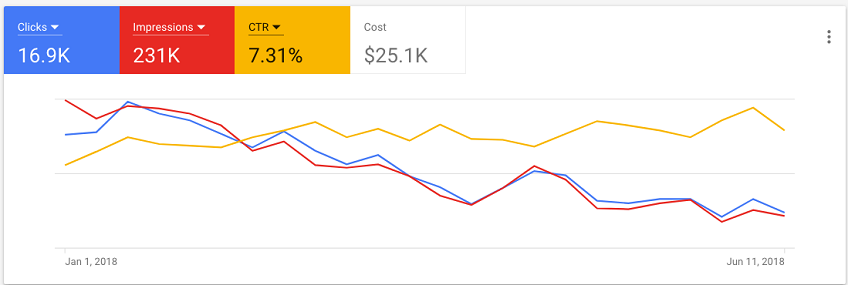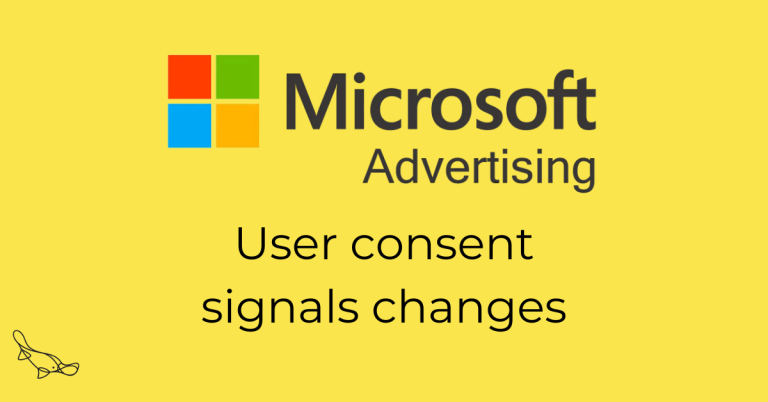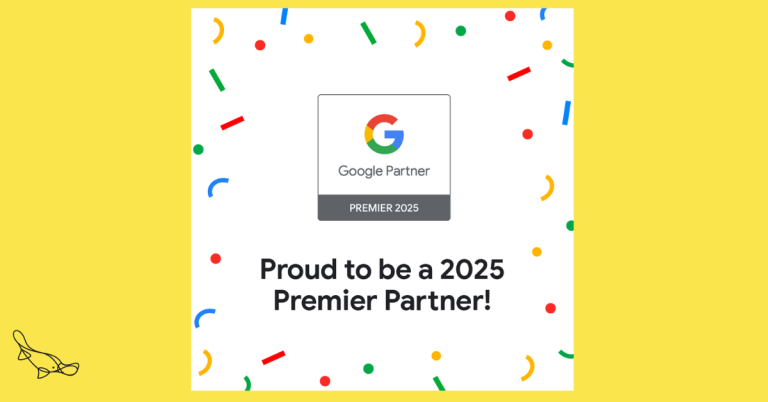It’s finally happening. A year after Google gave us the new Adwords interface to try, they’re taking the old one off us and forcing us into modernity.
As of July 10th, you’ll no longer be able to flick between old Adwords and new Adwords. You’ll have to use the new one, whether you like it or not.
Most people don’t like change. But fear not! The new Adwords interface is reason to celebrate. Here’s why.
You can jump quickly from place to place
Sometimes it feels like there are not enough hours in the day to waste time navigating to the campaigns tab and then through ad groups to find a keyword. How much time have you wasted doing that in your career? We bet a lot.
The Google geniuses have invented a series of shortcuts you can use in the new Adwords interface to easily jump from place to place.
You can now use ctrl + s to save your changes, for example, or ‘g’ and then ‘c’ to view all campaigns.
You can find a list of shortcuts here.
Targeting by household income
Under the demographics tab, you can now segment results by household income. You can also adjust your bids to reflect those statistics.

 This is a great way of making sure that you’re portioning your budgets correctly to the household income brackets that respond most favourably to your ads. It also means that you can exclude household income categories who do not respond, which means more budgets for those who are likely to donate.
This is a great way of making sure that you’re portioning your budgets correctly to the household income brackets that respond most favourably to your ads. It also means that you can exclude household income categories who do not respond, which means more budgets for those who are likely to donate.
An easier to navigate overview
From the main overview page of the new Adwords interface, you can analyse a whole range of things.
By adjusting a set of nifty little dropdowns, you can see your top performing campaigns and keywords by whichever metric you’re choosing to analyse.
The table at the very top of the overview page can be adjusted to show comparisons between four metrics at a time across a chosen date-range, making it easier than ever to analyse stacks of information side by side.

Ad suggestions
Writing ads is time-consuming, especially if you have a large account. Could Google’s new ‘Ad Suggestions’ feature be the answer?
Based on the content in your ad groups and your previous successes, Adwords is now able to suggest ads to you on the basis of your previous activity.
Proceed with caution, of course. It’s an automated system at the end of the day, so don’t just let it run away with itself. You should always be checking its work.
Landing page performance
Google has been heavily emphasising the importance of advertisers taking people through to high quality, relevant content for a while. Their ruthless quality score rulings are testament to that.
Now they’ve given us an easy way to analyse the success of our landing pages right in the interface.
The Landing Pages section of the new Adwords helps determine content that’s driving revenue and will make split testing landing pages easier than ever before.






